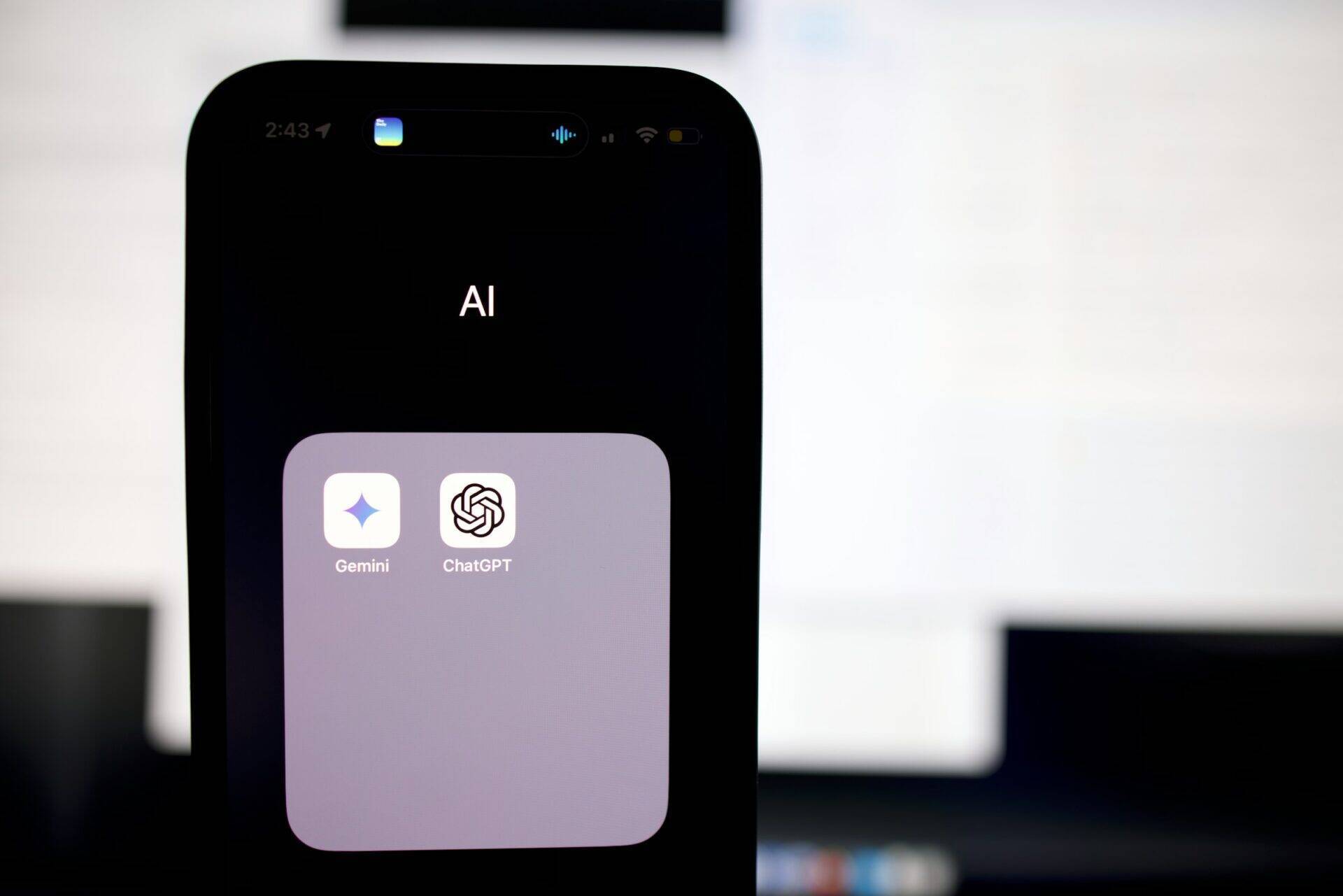IA act vs GDPR : risks and technical challenges
The AI Act vs GDPR: risks and technical challenges
Artificial intelligence (AI) has become an indispensable tool for many businesses, but it also poses ethical and legal challenges. To meet these challenges, the European Union has introduced two major regulations: the General Data Protection Regulation (GDPR) and the AI Act. But how do these regulations interact from a technical point of view? And what are the resulting technical risks and challenges?
The AI Act: regulations to govern AI
The AI Act is a regulation designed to regulate the use of AI in businesses. It requires companies to take measures to ensure the safety and transparency of AI, such as setting up risk management systems, validating data quality and non-discrimination, and guaranteeing human control. The AI Act applies to all companies that use AI, including those that use AI algorithms to make decisions.

The GDPR: regulations to protect privacy
The GDPR is a regulation that aims to protect the privacy of individuals by regulating the collection, storage and use of personal data. It requires companies to take measures to protect personal data, such as implementing privacy policies, appointing a data protection officer and carrying out security audits. The GDPR applies to all companies that collect and use personal data, including those that use AI.
The interactions between the AI Act and the GDPR from a technical point of view
The AI Act and the GDPR interact in a technically complex way. Companies using AI must comply with the requirements of the GDPR to protect the privacy of individuals, but they must also comply with the requirements of the AI Act to ensure the security and transparency of AI. AI algorithms can be used to analyse personal data, but they must also be designed to comply with the data protection principles set out in the GDPR.
Technical risks and challenges
The interactions between the AI Act and the GDPR pose technical risks and challenges for businesses. Risks include:
- Non-compliance: companies that fail to comply with the requirements of the AI Act and the GDPR may be penalised.
- Loss of trust: companies that fail to protect personal data and guarantee the security and transparency of AI can lose the trust of their customers.
- Errors and biases: AI algorithms can be biased or erroneous, which can have serious consequences.
Technical challenges include:
The complexity of AI algorithms: AI algorithms can be complex and difficult to understand, which can make it difficult to implement the requirements of the AI Act and GDPR.
The need for training: companies need to train their employees to understand the requirements of the AI Act and the GDPR and to be able to implement the necessary measures to comply with these regulations.
The need for resources: businesses need to allocate resources to comply with the requirements of the AI Act and GDPR, which can be costly and require significant investment.
Technical opportunities
Despite the risks and technical challenges, the interactions between the AI Act and the GDPR also offer technical opportunities for businesses. Opportunities include:
- Improved data protection: companies can use AI to improve data protection and reduce the risk of data breaches.
- Strengthening trust: companies can use AI to strengthen the trust of their customers by guaranteeing the security and transparency of AI.
- Creating new business opportunities: companies can use AI to create new business opportunities and improve their competitiveness.
Technologies for complying with the AI Act and the GDPR
To comply with the AI Act and the GDPR, companies can use different technologies, such as :
- Risk management systems: risk management systems can help companies to identify and manage the risks associated with AI.
- Data quality validation tools: data quality validation tools can help companies to guarantee the quality and non-discrimination of their data.
- Human control systems: human control systems can help companies to ensure that the decisions taken by AI are monitored and validated by humans.
Conclusion
In conclusion, the AI Act and the GDPR are two important regulations that interact in a technically complex way. Companies using AI must comply with the requirements of both regulations to protect the privacy of individuals and ensure the security and transparency of AI. The risks and technical challenges are significant, but so are the opportunities. Companies that understand and implement these regulations can improve their competitiveness and strengthen the trust of their customers.










